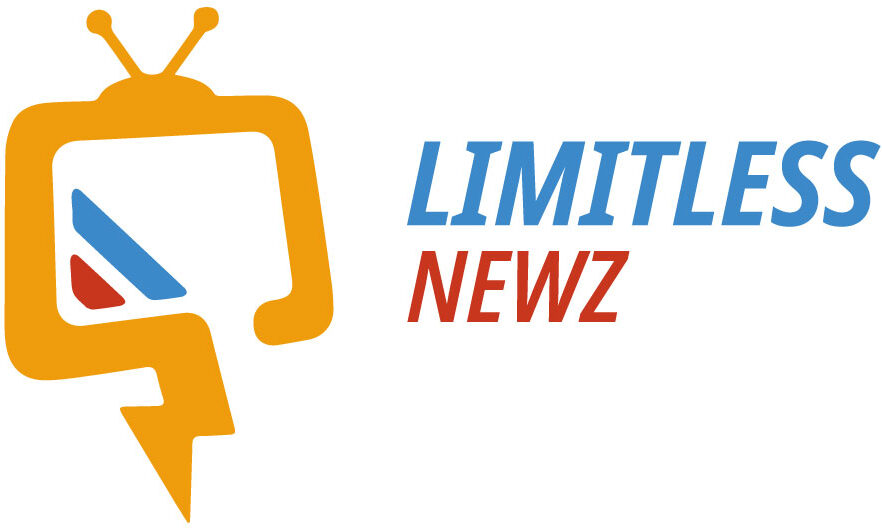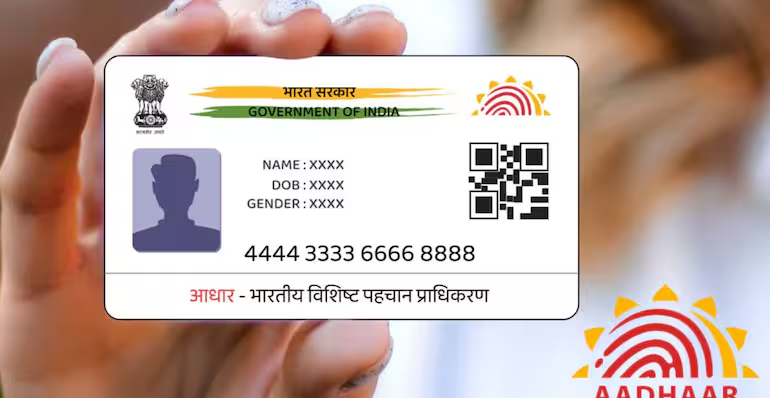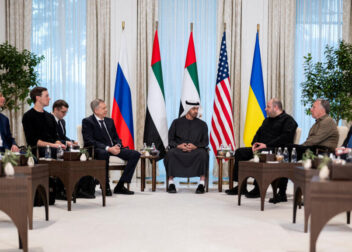PM Modi Urges Iran’s President Masoud Pezeshkian for Immediate De-escalation and Dialogue: What This Means for India and the Region
India’s Calculated Diplomatic Response
India has long maintained a delicate balance in the Gulf region—engaging closely with both Western powers and traditional partners like Iran. The call between PM Modi and President Pezeshkian marks India’s first direct diplomatic intervention following the proposed strait closure.
According to the Ministry of External Affairs (MEA), PM Modi:
Expressed concern over rising instability in the Gulf.
Reiterated India’s deep interest in the uninterrupted movement of energy and goods through the Strait of Hormuz.
Emphasised the need for “immediate de-escalation and return to dialogue.”
The conversation reflects India’s broader foreign policy goal: to remain a stabilising force in international conflict zones without aligning too closely with any bloc.
Why This Matters Globally
The Strait of Hormuz, located between Iran and Oman, is the world’s most important oil chokepoint. If Iran were to block or disrupt traffic:
Oil prices could spike to $120–150 per barrel, as per estimates from analysts at Goldman Sachs and Bloomberg.
LNG shipments from Qatar to Europe and Asia, including India, would face significant delays.
Maritime insurance and shipping costs could skyrocket, affecting global trade routes.
The closure could also trigger military responses from the U.S. Navy’s Fifth Fleet, NATO partners, and possibly cause a wider Middle Eastern conflict—affecting global energy security and trade.
The Tone of Tehran: Pezeshkian’s First Major Test
This was President Masoud Pezeshkian’s first direct interaction with India since taking office in June 2025. Known for his moderate tone and reformist image, Pezeshkian faces a challenge: balancing hardliner pressure at home with international calls for restraint.
Iran has cited recent U.S. airstrikes on nuclear facilities in Fordow and Natanz as the catalyst for its retaliatory stance, including the threatened strait closure. However, Pezeshkian told Modi that Iran remains committed to peace but expects respect for its sovereignty.
Modi’s outreach is being viewed as a strategic attempt to empower Iran’s moderate leadership at a time when international pressure could either pull Iran into deeper isolation—or back to diplomacy.
India’s Strategic Interests in the Region
India imports nearly 60% of its crude oil from the Gulf, much of it passing through the Strait of Hormuz. Aside from oil, India also has:
7 million expatriates in the Gulf, including thousands in Iran.
Crucial strategic interests in Chabahar Port—India’s gateway to Central Asia and Afghanistan.
Strong ties with both Israel and the United States, making its position delicate in any Iran-related escalation.
By making a timely diplomatic gesture, New Delhi not only protects its energy interests but also strengthens its image as a trusted, non-aligned peacemaker on the global stage.
What Could Happen Next?
While the Iranian parliament has approved the motion to block the Strait, its implementation still depends on Supreme Leader Ayatollah Ali Khamenei’s nod. The move is widely believed to be symbolic pressure on the West rather than a confirmed military escalation.
However, the risks remain:
A single naval miscalculation could trigger open conflict.
Retaliatory strikes on Iranian or allied assets could provoke cyber attacks and militia responses in the region.
India and other Asian powers may need to diversify supply routes and stockpile oil.


